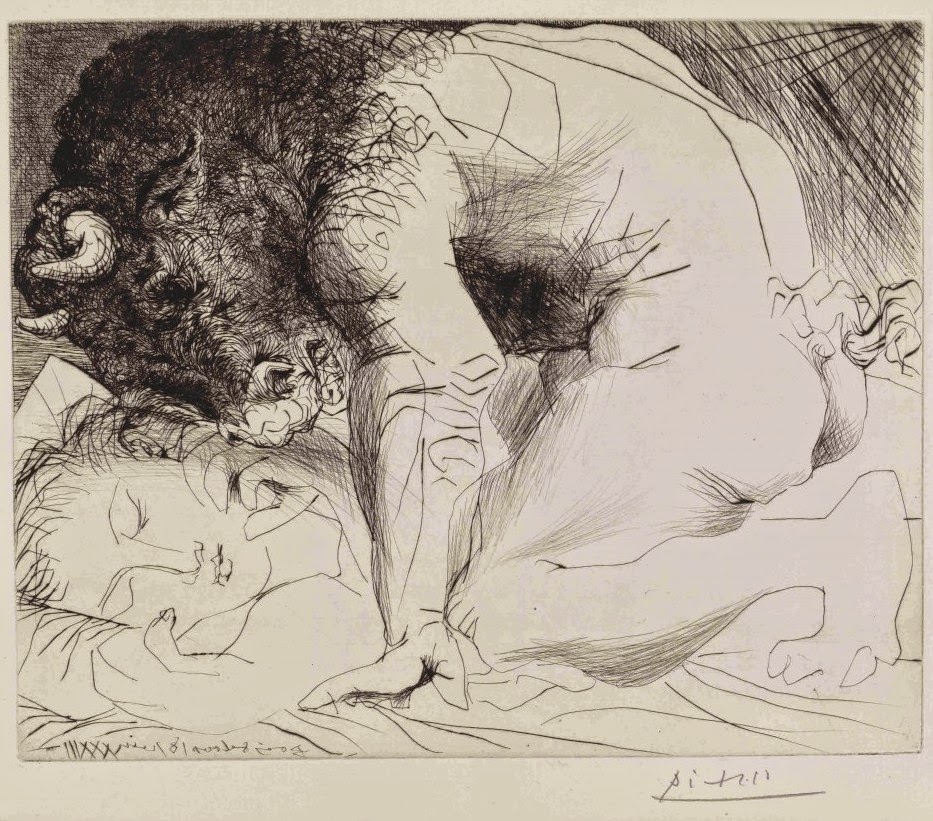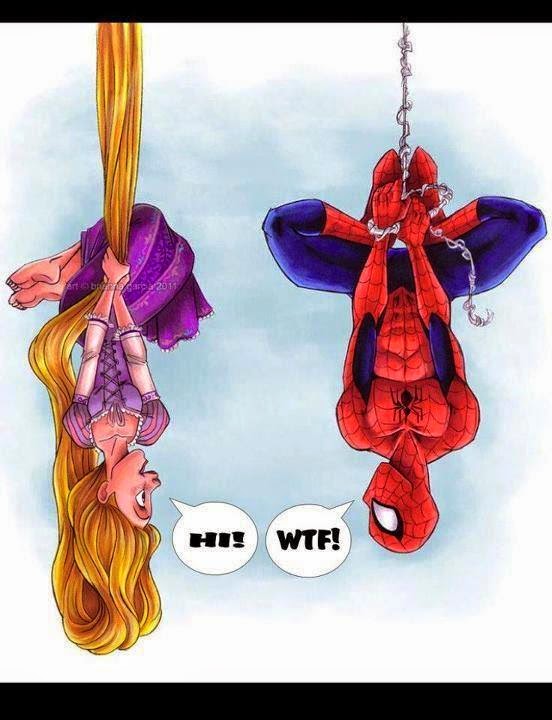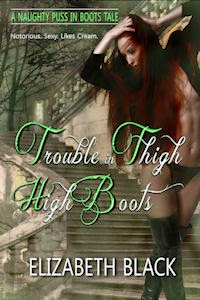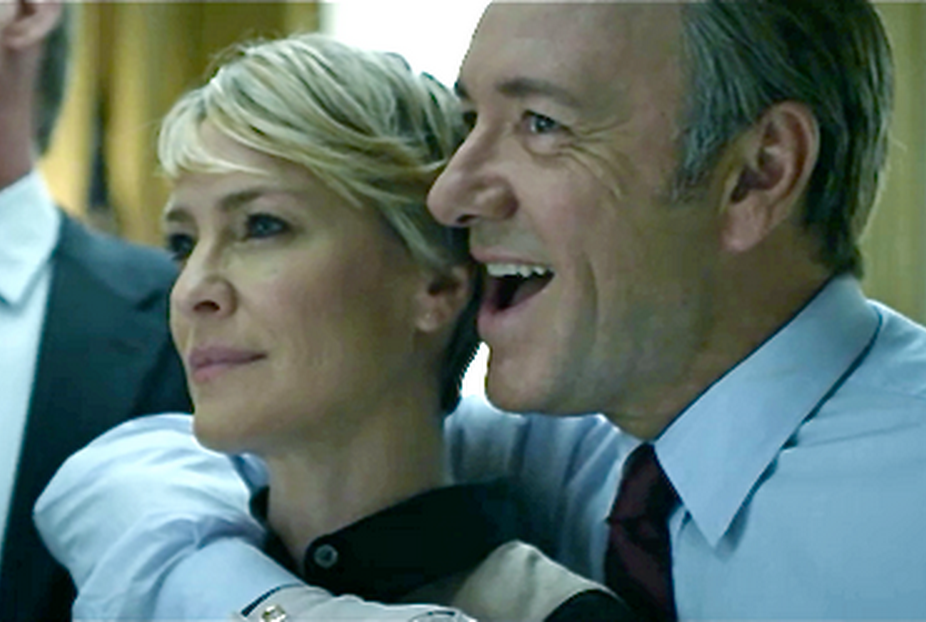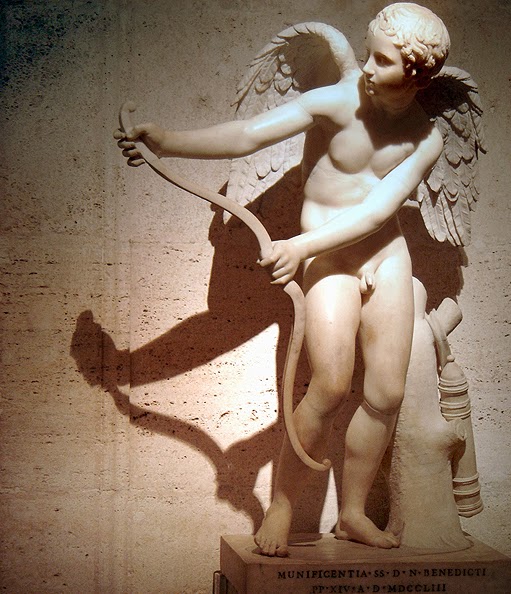by Jean Roberta
Writing fiction set in the past (even a past era of the writer’s own lifetime) is a challenge because, as someone once said, the past is a foreign country; they do things differently there.
When writing a story set in the 1920s, I introduced my teenage female narrator to a handsome boy in her class in high school. His parents were friends of her parents, and now that her father is dead, his father is providing a salary for her mother, who works as his secretary. The boy likes the girl, and she is delighted to discover sexual pleasure with him when they are alone together. She is terrified of getting pregnant too soon, but he assures her that they are planning to marry anyway, so if they “start a family,” they only have to arrange an earlier wedding.
Realistically, my heroine knows she isn’t likely to get a better offer. She is also practical enough to know that she – a very intelligent person who is not male and not white – can’t leave home alone to seek her fortune and expect to be better off than she is in the relative safety of the community where she grew up.
In the real world, my young storyteller would probably settle, as so many women did in her time. Yet she really doesn’t want to marry her boyfriend. His chivalry often slides into condescension, even though she gets better grades in school than he does. Sex is a revelation to her, but does the ecstasy of his touch really mean that he is her soul-mate? She hasn’t had enough experience to know.
She has heard mutterings about sexually-experienced women: hoochie-coochie dancers who drink illegal booze in joints that cater to dangerous men. She doesn’t know how or where to apply for a job like that, but she knows how all her nearest and dearest would react if she did.
I don’t really know what better future I could provide for my character than marriage to her boyfriend, followed by childraising and membership in his church, one of the things they disagree about. The spell of historical fiction should not be broken by the intrusion of twenty-first century options and values.
Still, I want more for her. She wants more for herself, and she knows on a gut level that there must be a companion for her somewhere in the world who is more than “a good provider” with conventional beliefs.
I’ve always had trouble writing happy-ever-after endings, and I sometimes think this is because men and women still don’t really have equal status, even in Canada where we’ve had it in theory since the 1980s, according to a marvelous federal policy called the Charter of Equality Rights. However, the problem isn’t just a gender clash. Many a lesbian relationship has ended with hard feelings on both sides, and communities of gay men are also full of gothic stories about deception, heartbreak and violence – so I’ve heard.
In traditional romance plots, the lovers persevere despite threats to the relationship from other people and from each other. They have faith that in the long run, being together will be much better for both of them than being apart, and so it turns out. Most people claim to admire long-term relationships, but only if no one is being exploited, abused, or diminished in any way. That’s a big if.
In fiction, as in life, I worry about exaggerating the fault-lines that exist in every relationship, but I also worry about limiting a character’s potential by keeping her in a trap. There were several notable differences between my parents besides gender, but if they hadn’t stayed together for the first seven years of their marriage, I would never have been conceived. To honour my own roots, I should probably value sacrifice and compromise, even in a fictional world.
One of the appealing qualities of a short story, as distinct from a novel, is that not all questions have to be answered. The plot can end on a hopeful note, with an implication that the central character(s) will boldly go to an unknown destination. So I keep writing in order to discover new plots. Maybe some day I’ll have a clearer sense of when a happy ending requires an escape, and when it requires a commitment.
————-

